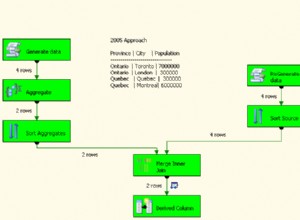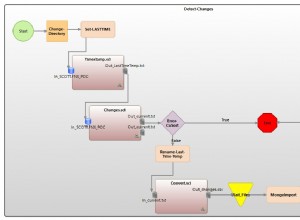to działa dla mnie:
from sqlalchemy import create_engine
from sqlalchemy import MetaData, Table
from sqlalchemy.dialects import postgresql
from sqlalchemy.inspection import inspect
def upsert(engine, schema, table_name, records=[]):
metadata = MetaData(schema=schema)
metadata.bind = engine
table = Table(table_name, metadata, schema=schema, autoload=True)
# get list of fields making up primary key
primary_keys = [key.name for key in inspect(table).primary_key]
# assemble base statement
stmt = postgresql.insert(table).values(records)
# define dict of non-primary keys for updating
update_dict = {
c.name: c
for c in stmt.excluded
if not c.primary_key
}
# cover case when all columns in table comprise a primary key
# in which case, upsert is identical to 'on conflict do nothing.
if update_dict == {}:
warnings.warn('no updateable columns found for table')
# we still wanna insert without errors
insert_ignore(table_name, records)
return None
# assemble new statement with 'on conflict do update' clause
update_stmt = stmt.on_conflict_do_update(
index_elements=primary_keys,
set_=update_dict,
)
# execute
with engine.connect() as conn:
result = conn.execute(update_stmt)
return result




